The largest influx of Ukrainians (68 percent) occurred between the months of March and May 2022, following Russia’s invasion of Ukraine on February 24th. The figures were released on Thursday by Destatis, Germany’s official statistics agency.
Net immigration from Ukraine in 2022 (962,000 refugees who came and stayed in the country) was greater than that from Syria, Afghanistan, and Iraq from 2014 to 2016 combined (834,000).
The year 2015 was especially known for the refugee crisis, in which then-Chancellor Angela Merkel opened the country’s borders to those fleeing from war in Syria.
READ ALSO: How well have refugees integrated in Germany since 2015?
In addition to the high level of immigration from Ukraine, the number of departures to Ukraine has also increased, especially since May 2022. In 2022, 139,000 Ukrainians left Germany to return to Ukraine.
By comparison, in 2021 around 13,000 Ukrainians came to Germany and 6,000 left Germany to return to Ukraine.
Where do Ukrainians in Germany live?
In October 2022, most Ukrainians lived in the most populous states of North Rhine-Westphalia (210,000), Bavaria (152,000), Baden-Württemberg (135,000) and Lower Saxony (105,000).
Looking at the proportion of Ukrainians in comparison to the total population, a different picture emerges: proportionally, most Ukrainians lived in Berlin and Hamburg, with each city-state holding 1.5 percent of the total Ukrainian population.
Proportionally, the fewest lived in Germany’s northernmost state of Schleswig-Holstein (one percent), followed by Bavaria, Bremen and Rhineland-Palatinate (1.1 percent each).
Who were the refugees that came to Germany?
The war-related restrictions on able-bodied Ukrainian men leaving the country likely had an impact on the age and gender of those migrating to Germany.
In 2022, a relatively large number of refugees were women and girls (63 percent) as well as children and young people under 18 (35 percent).
By way of comparison, the proportion of women in the population of Ukraine as of January 2021 was 54 percent, according to the European statistics authority Eurostat, and 18 percent of the population there was under 18.
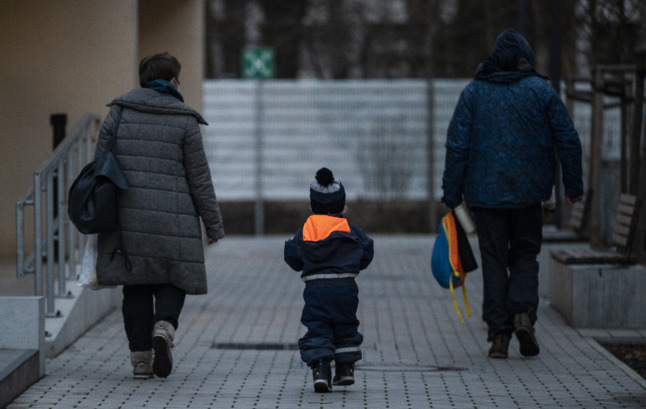
Among those aged 18 to under 60 who came from Ukraine last year, the share of women was 71 percent. Among those aged 60 and over, the figure stood at 70 percent.
Thus, in the age groups of 18 and over, more than twice as many women than men came to Germany from Ukraine.
Ukrainian men aged 18 to 60 have been banned from leaving the country since the Russian invasion, but with several exceptions such as fathers with three or more children.
Among children under 18 who came to Germany last year, the gender ratio was almost balanced, with 49 percent girls and 51 percent boys.
In 2022, the largest number of people seeking asylum hailed from war-torn Syria and Afghanistan, followed by Turkey and Iraq.
Unlike these groups, the over one million Ukrainians were granted a special status which means they do not need to apply for asylum to be allowed to remain in Germany.
In general, Ukrainians fleeing the war have been welcomed into Germany, but have faced issues such as high unemployment and difficulties integrating into the school system.
READ ALSO: Facing uncertain future, Ukrainians struggle to adapt in Germany

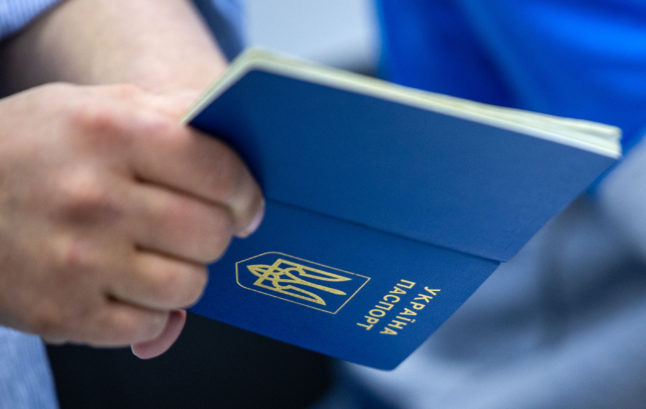
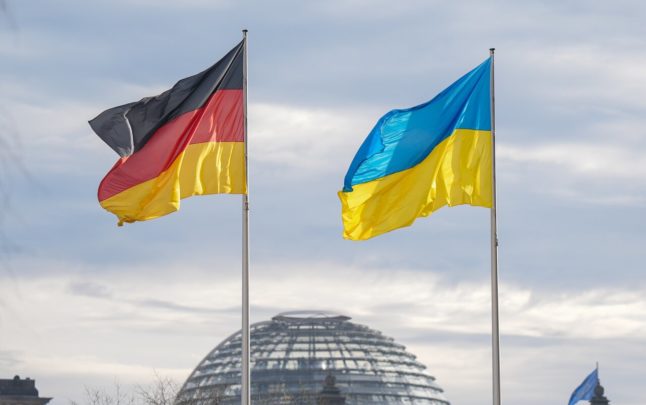
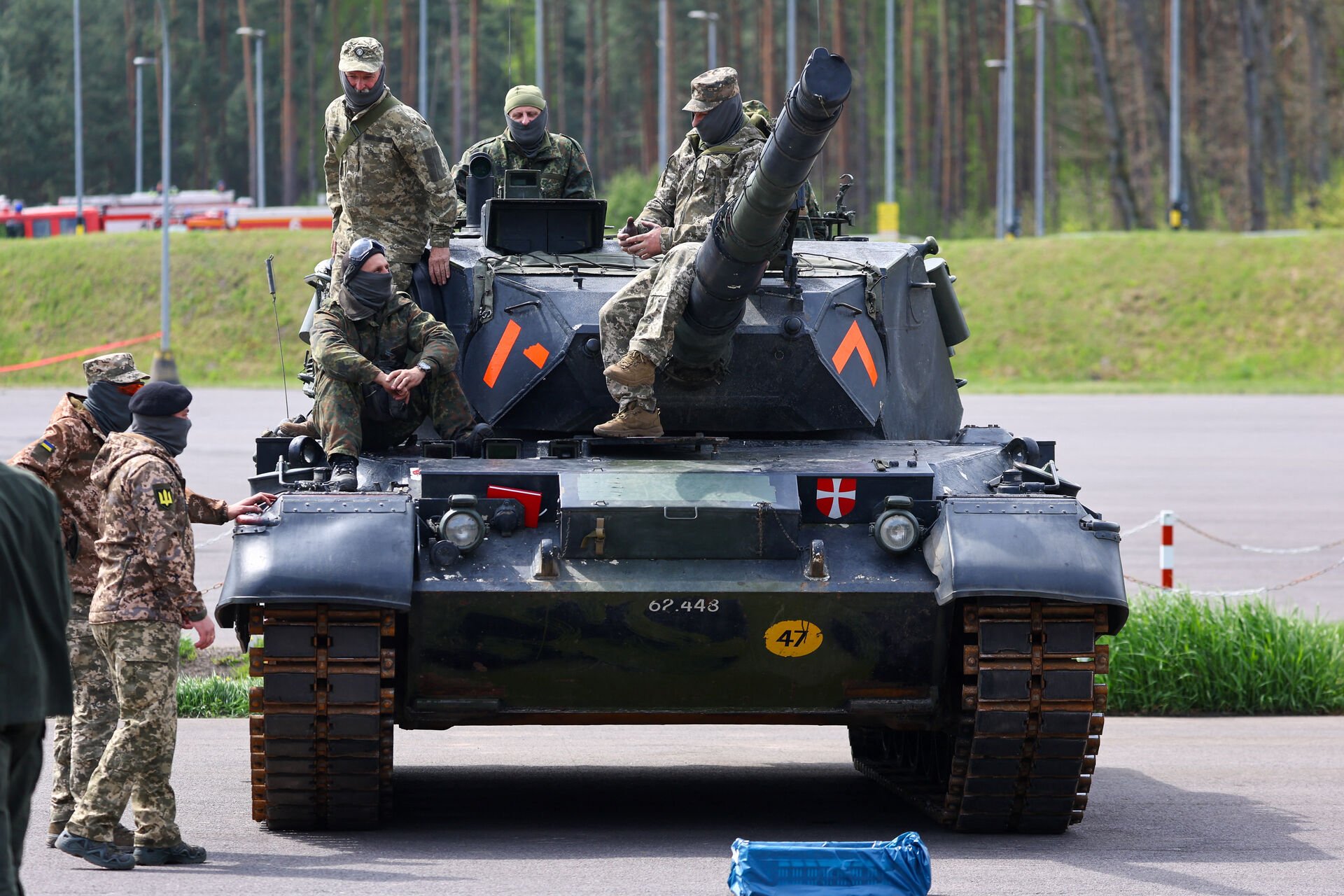
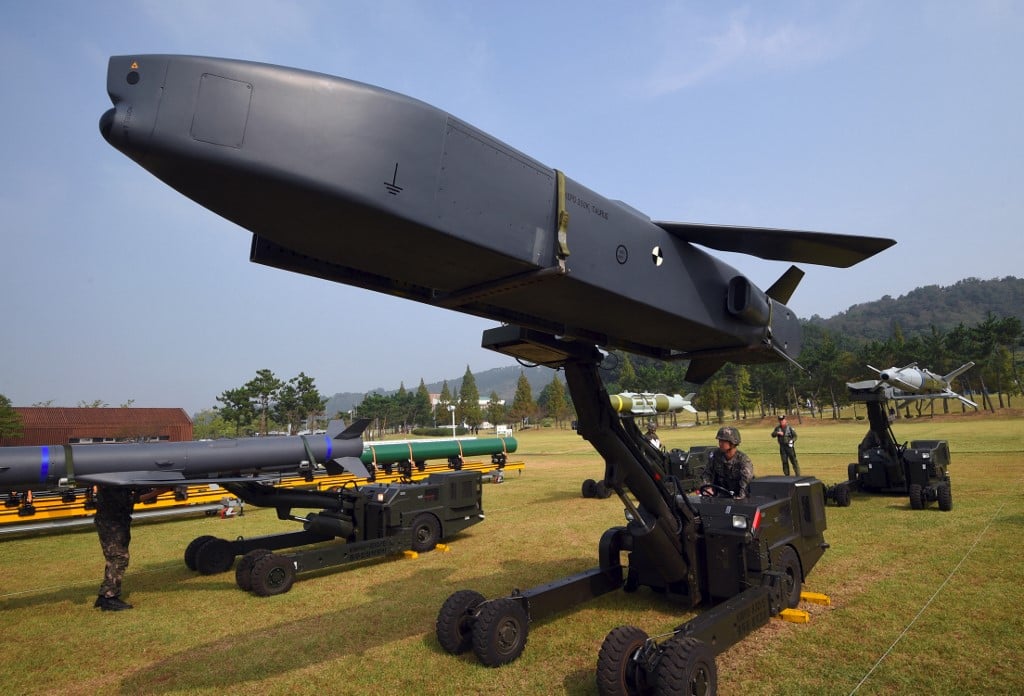
 Please whitelist us to continue reading.
Please whitelist us to continue reading.
Member comments